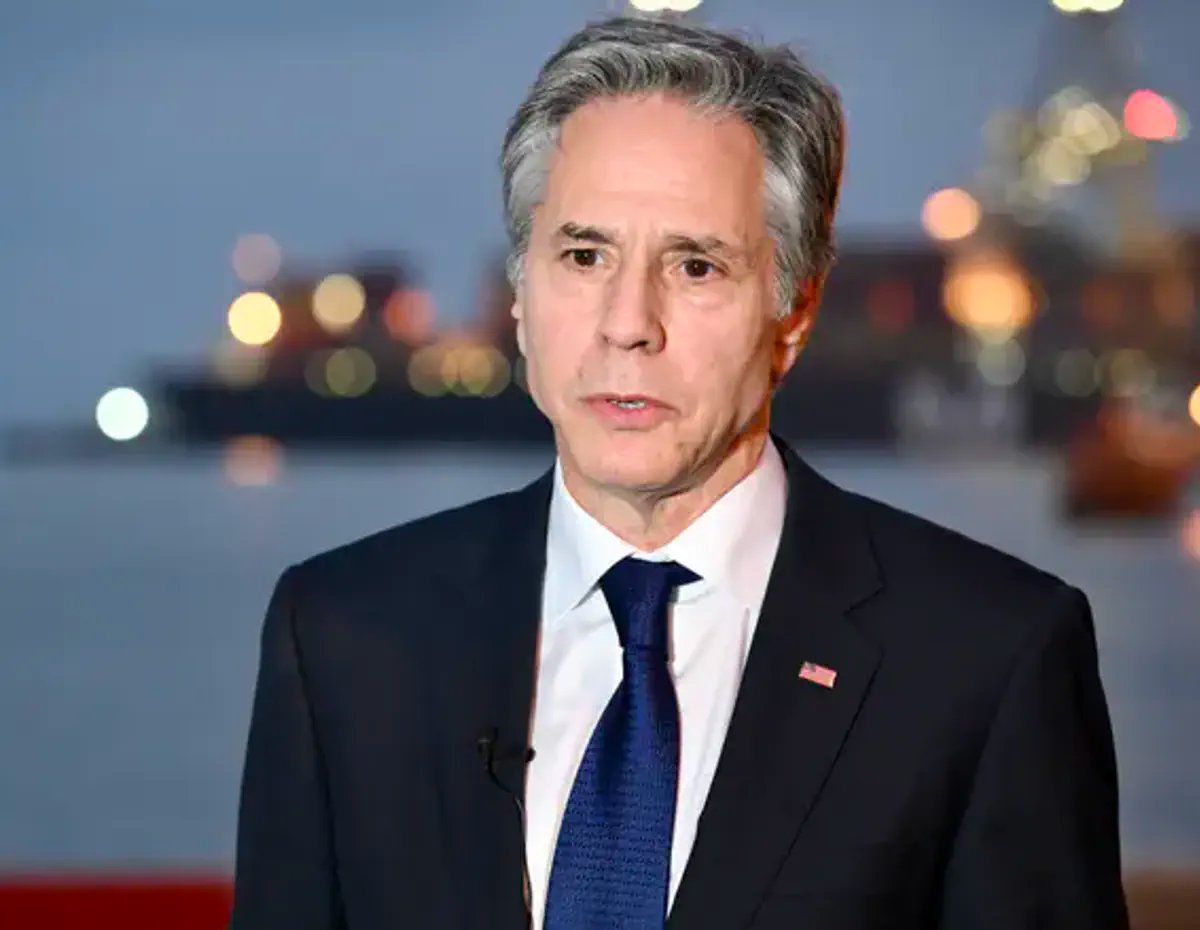US Secretary of State Antony Blinken on Saturday spoke with Egyptian Foreign Minister Badr Abdelatty.
According to State Department spokesperson Matthew Miller, Blinken and the Egyptian Foreign Minister “discussed the latest developments in ongoing efforts to reach a ceasefire in Gaza that secures the release of the hostages, increases the flow of humanitarian aid into Gaza, and brings an end to the war.”
Miller also said in a statement that Blinken and Abdelatty discussed the situation in Syria and that the Secretary of State “expressed his appreciation for the role Egypt continues to play to secure peace in the region and underlined the importance of the US-Egypt strategic partnership.”
The conversation comes a day after Hamas confirmed that indirect negotiations for a ceasefire and hostage release deal would resume in Doha, the capital of Qatar.
Hamas’ confirmation followed an announcement from Prime Minister Benjamin Netanyahu’s office that the Israeli delegation would leave for negotiations in Doha, in another attempt to reach a deal that would free the hostages.
Qatar, the US and Egypt have all been serving as mediators in the negotiations between Hamas and Israel, which so far have made little progress as Hamas has rejected every proposal presented to it.
Last week, White House National security communications adviser John Kirby stated that the White House is “actively working” to broker a ceasefire-hostage agreement between Israel and Hamas, but also stressed that “Hamas is the obstacle” to an agreement.
Blinken made similar comments in an interview with The New York Times over the weekend, saying a deal has been “so close on several occasions” and outlined the two main obstacles preventing a deal from being reached: Firstly, “Hamas, when they saw Israel under pressure publicly, they pulled back” from their previous agreement to a ceasefire and releasing hostages.
The other obstacle is Hamas’ hope and belief that there would be a broader conflict, with Hezbollah, Iran, and other actors attacking Israel. If such a scenario played out, “Israel would have its hands full and Hamas could continue what it was doing.”
